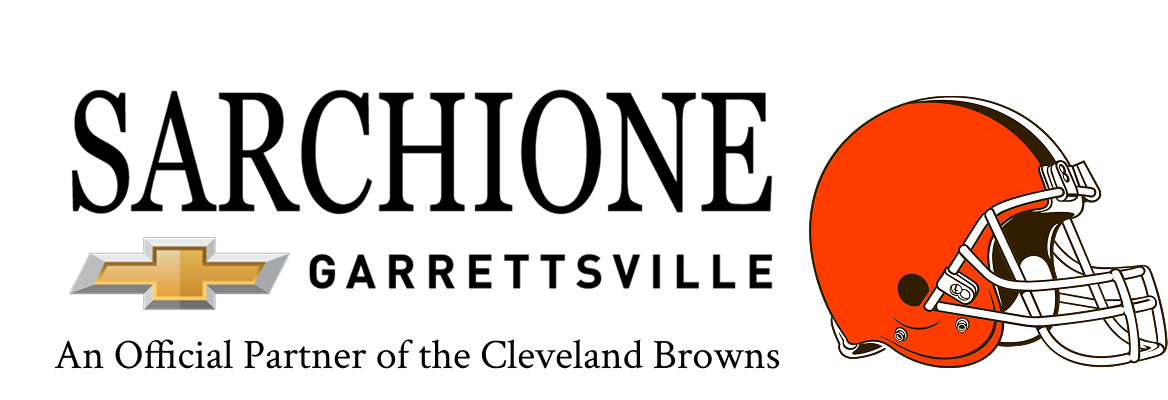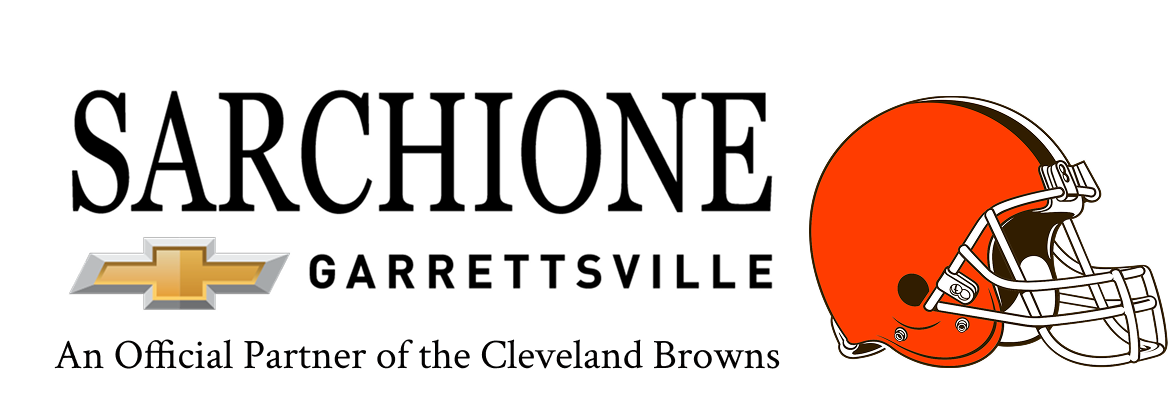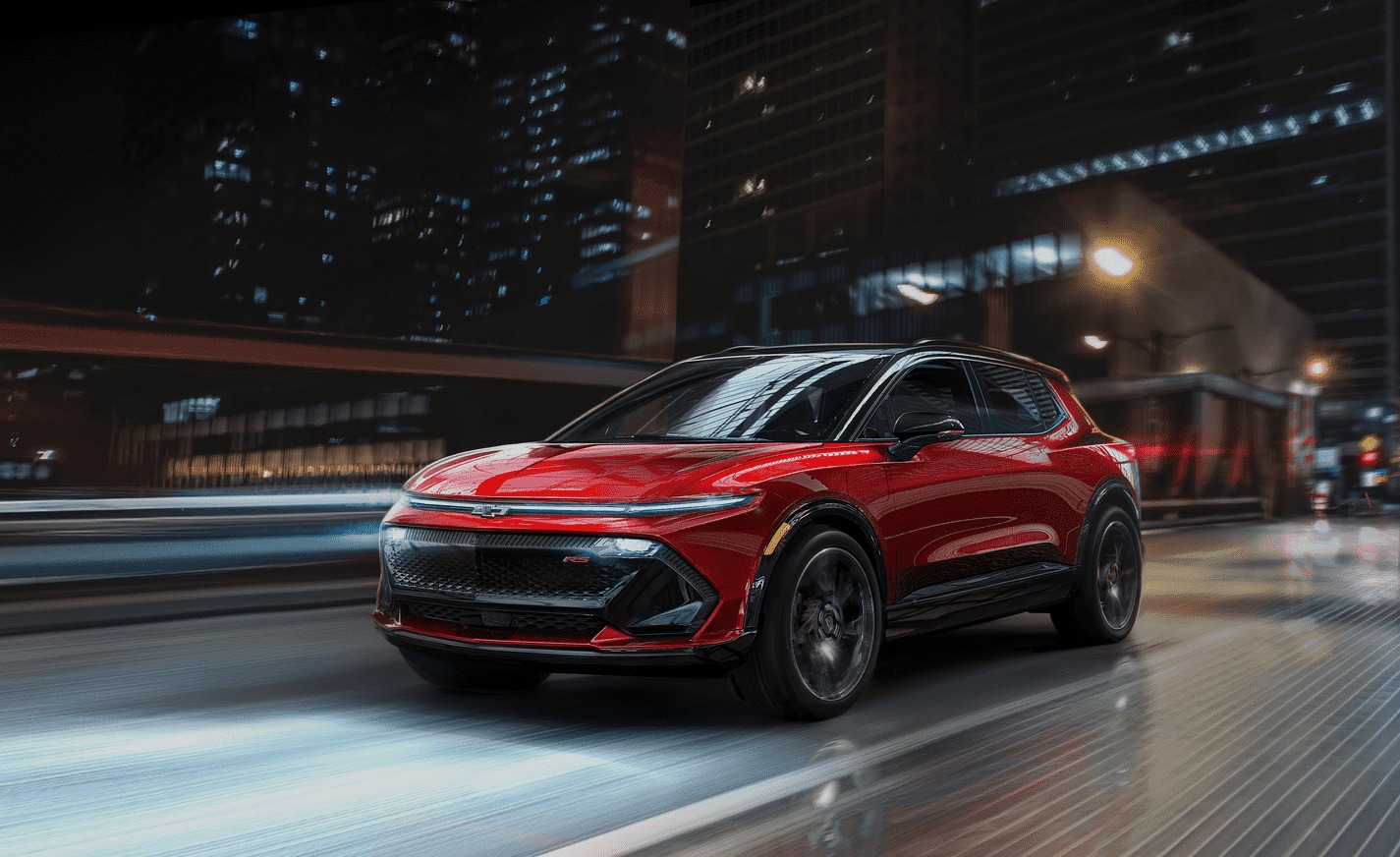If you cannot start your Chevy car, the problem usually ties back to power delivery, ignition, or fuel supply. No start conditions can show up suddenly or build over time, and most drivers only notice when the vehicle fails to respond. At Sarchione Chevrolet of Garrettsville, we work with customers who face this issue, be it heading out for work or checking out new Chevrolet models. Knowing what to look for makes it easier to avoid unexpected delays.
Cannot Start Your Chevy Car
One of the first things to consider is whether the vehicle turns over or remains silent. If you hear nothing when you press the start button or turn the key, you may have a dead battery or a faulty starter. Weak batteries usually show signs before total failure, like slow cranking or dim interior lights. If you hear a clicking sound, the starter might be trying to engage but lacks enough current to spin the engine.
On the other hand, if the engine turns over but doesn’t fire, the issue may relate to fuel or ignition. Your fuel pump must deliver pressure to the injectors, and your spark plugs must fire at the right time. A failed fuel pump, clogged filter, or blown fuse could interrupt fuel delivery. Worn spark plugs or a faulty ignition coil could prevent the air-fuel mixture from igniting.
Modern Chevy models also rely on several sensors and control modules. If your crankshaft or camshaft position sensor fails, the engine control module might not trigger spark or injection timing correctly. Security systems can also prevent starting. Some models will lock out the ignition if the key fob battery dies or if the system doesn't recognize the key at all.
Electrical And Battery-Related Causes
Battery condition plays a major role in starting reliability. Cold weather, short trips, or old age can weaken a battery without obvious warning signs. If you open the door and the dashboard stays dark, the battery may be completely drained. Corrosion on the terminals or loose battery cables can also break the connection.
Alternators support battery charge during driving. If your vehicle recently struggled to start or had flickering lights while running, the alternator may not be charging correctly. That drops the system voltage and slowly drains the battery.
Fuses and relays also protect key systems like the starter motor and ignition circuit. If one of these components fails, the starter may not receive power even if the battery works fine. Technicians use voltage tests and scan tools to trace where power gets lost in the system.
What You Should Watch For
Starting issues often follow a pattern. You may hear different sounds, see new warning lights, or notice changes in how the engine cranks. Delayed starts, sluggish cranking, or flickering lights usually show up before complete failure. Intermittent no-start events also point to an electrical or sensor-related problem.
If your vehicle has a push-button start, pay attention to how the system behaves when you press the brake and push the button. No response or a delayed reaction may show that the system isn't reading the key fob or that a relay has failed.
Don’t ignore the check engine light if it appears around the same time as starting problems. That light often stores fault codes related to misfires, fuel trim, or sensor errors. These codes help technicians find the root cause faster and prevent further issues.
Let Us Help You Start With Confidence
If you cannot start your Chevy car or it struggles to crank, our service team will diagnose the issue and restore full starting function. Use our online tool to schedule a service appointment. At Sarchione Chevrolet of Garrettsville, we help drivers fix no-start issues before they lead to breakdowns or damage.


